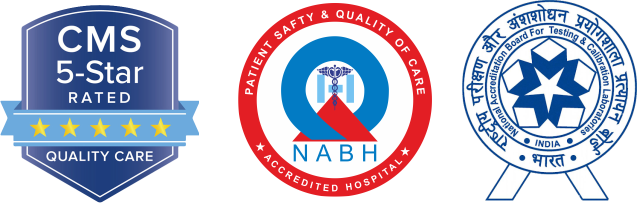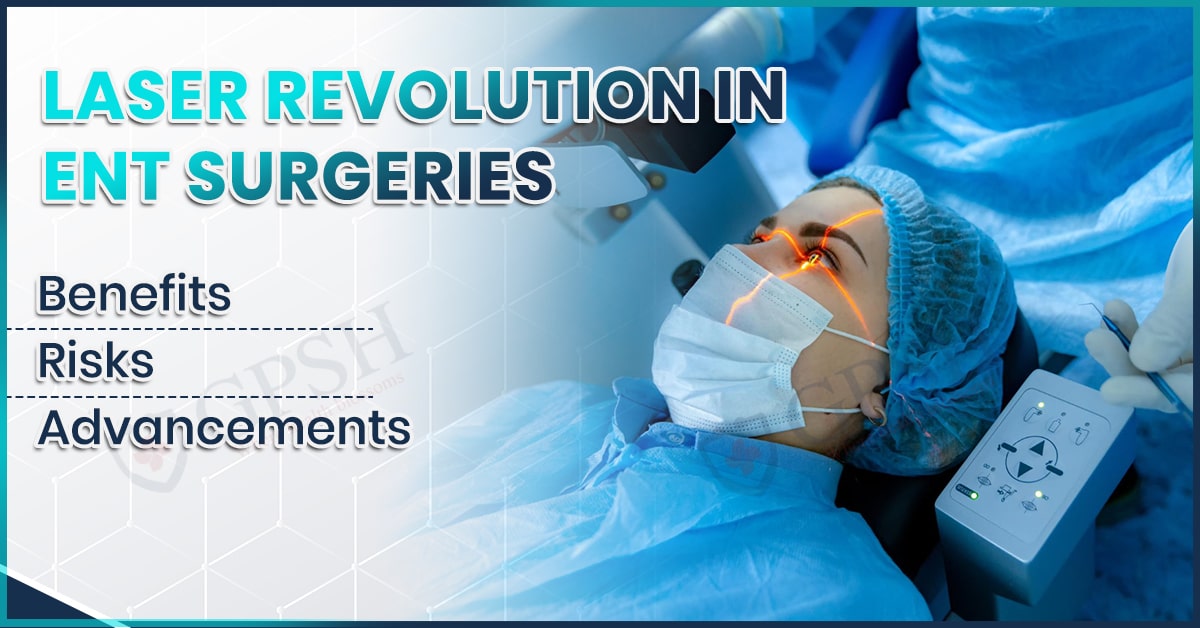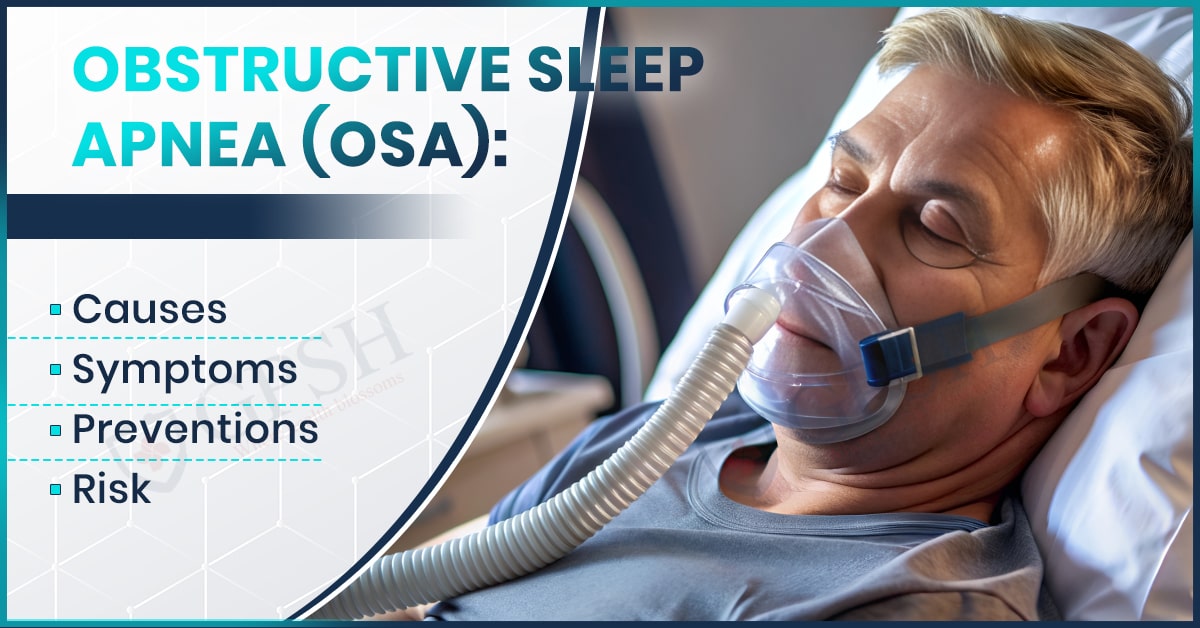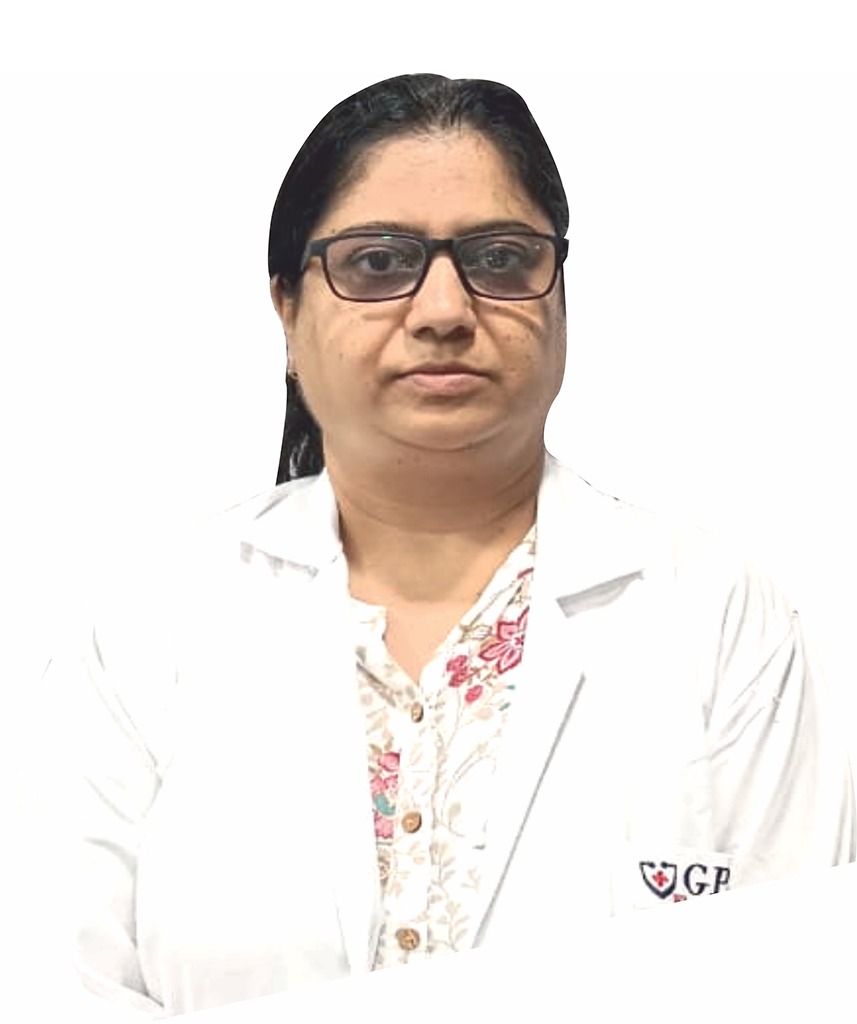Best ENT Hospital in Jaipur
(ENT) Ear Nose Throat Department
Discover the Best ENT Hospital in Jaipur for Expert Care
The Department of (ENT) aims to offer high-quality medical and surgical treatment for all types of ear, nose, and throat-related health problems. The department prides itself on having an advanced team of experts consisting of ENT surgeons, audiologists, and therapy professionals. Shekhawati Hospital is the best ENT hospital in Jaipur and has the latest operating equipments.
Principal Procedures in ENT:
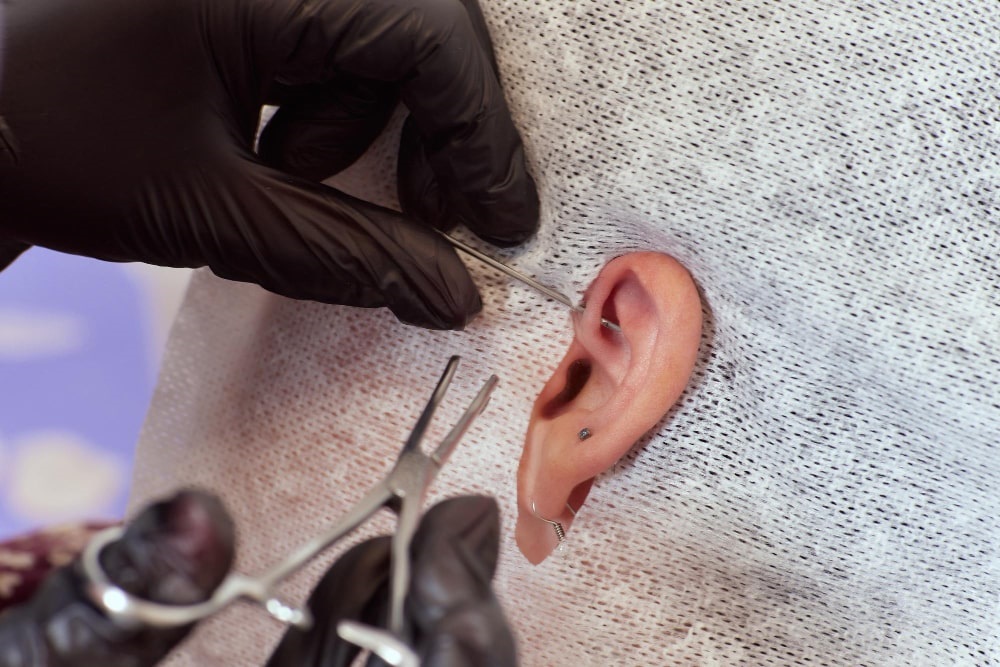
Myringotomy (Ear Membrane Operation)
A myringotomy is a minor operation in which a fine incision is made in the eardrum to help remove fluid buildup behind the ear drum. A tiny tube called a tympanostomy tube is inserted into the incision to keep it open and allow the fluid to drain.
Myringotomies are often performed on children who have recurrent ear infections.

Otoplasty
Otoplasty is a type of surgery that ENT specialists may perform to improve the appearance of the ears. This surgical procedure can be performed to bring prominent ears closer together or to narrow large ears.
It can also be used to restore the ear that has been deformed or damaged due to a medical condition.
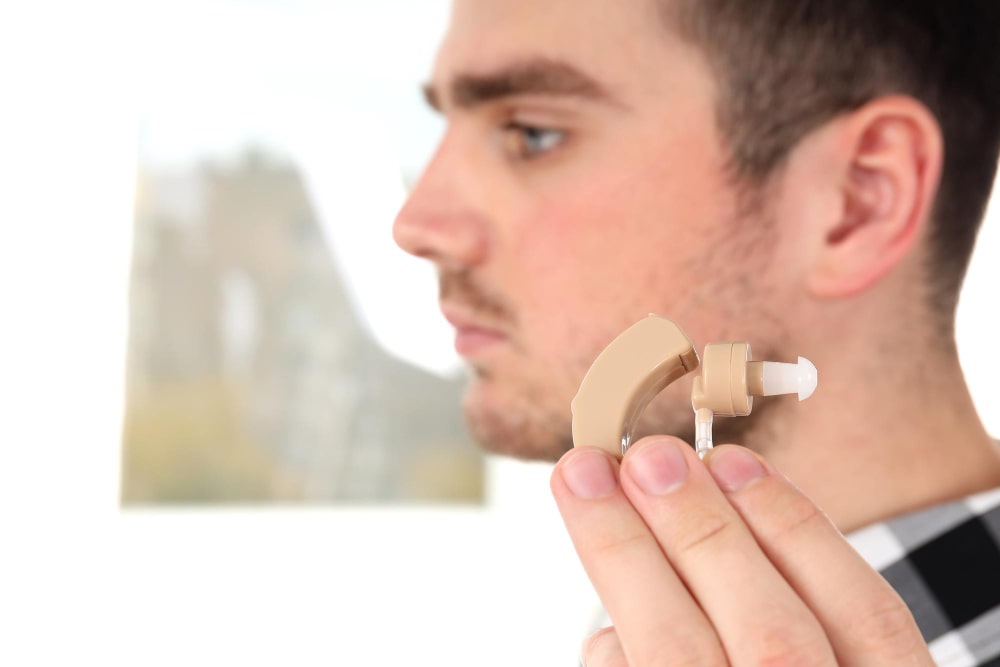
Tympanoplasty
Tympanoplasty is a surgical procedure to repair a perforation in the eardrum. The surgeon will make an incision in the ear and insert a graft to cover the hole. They will then secure the graft in place with stitches or a sealant. This procedure can be performed under local or general anesthesia, depending on the patient’s preference.
Recovery time is typically short, and patients can expect to see an improvement in their hearing after the surgery is complete.

Septoplasty (Nose)
A septoplasty is done to treat a deviated septum, which is the cartilage that divides the nostrils. It is performed by an ENT specialist.
Breathing issues in addition to sinusitis are several possible issues connected with a deviated septum. Some also experience snoring. Oftentimes, septoplasty is an outpatient procedure, which means that the patient doesn’t need to be hospitalized.
The surgeon will make an incision in the nostril, after which your cartilage will be placed back into the correct location. The incision will then be treated with stitches. Recovery from septoplasty typically takes about 2 weeks. During this time frame, patients should avoid blowing their nose or engaging in strenuous activity.

Adenoidectomy
An adenoidectomy is a surgical procedure to remove the adenoids. The adenoids are a mass of lymph tissue located in the back of the nose, behind the uvula. They are responsible for producing antibodies to help fight infection.
The most common reason for an adenoidectomy is obstruction of the airway.
This can cause difficulty breathing through the nose, mouth breathing, snoring, and sleep apnea. Other indications for surgery include recurrent sinus infections, recurrent ear infections, and nasal obstruction.
Adenoidectomies are performed under general anesthesia as day surgery. An endoscope is inserted through the mouth and passed into the nasopharynx. This allows visualization of the adenoids and helps to avoid damage to surrounding structures. A small pair of scissors is used to remove the adenoids.
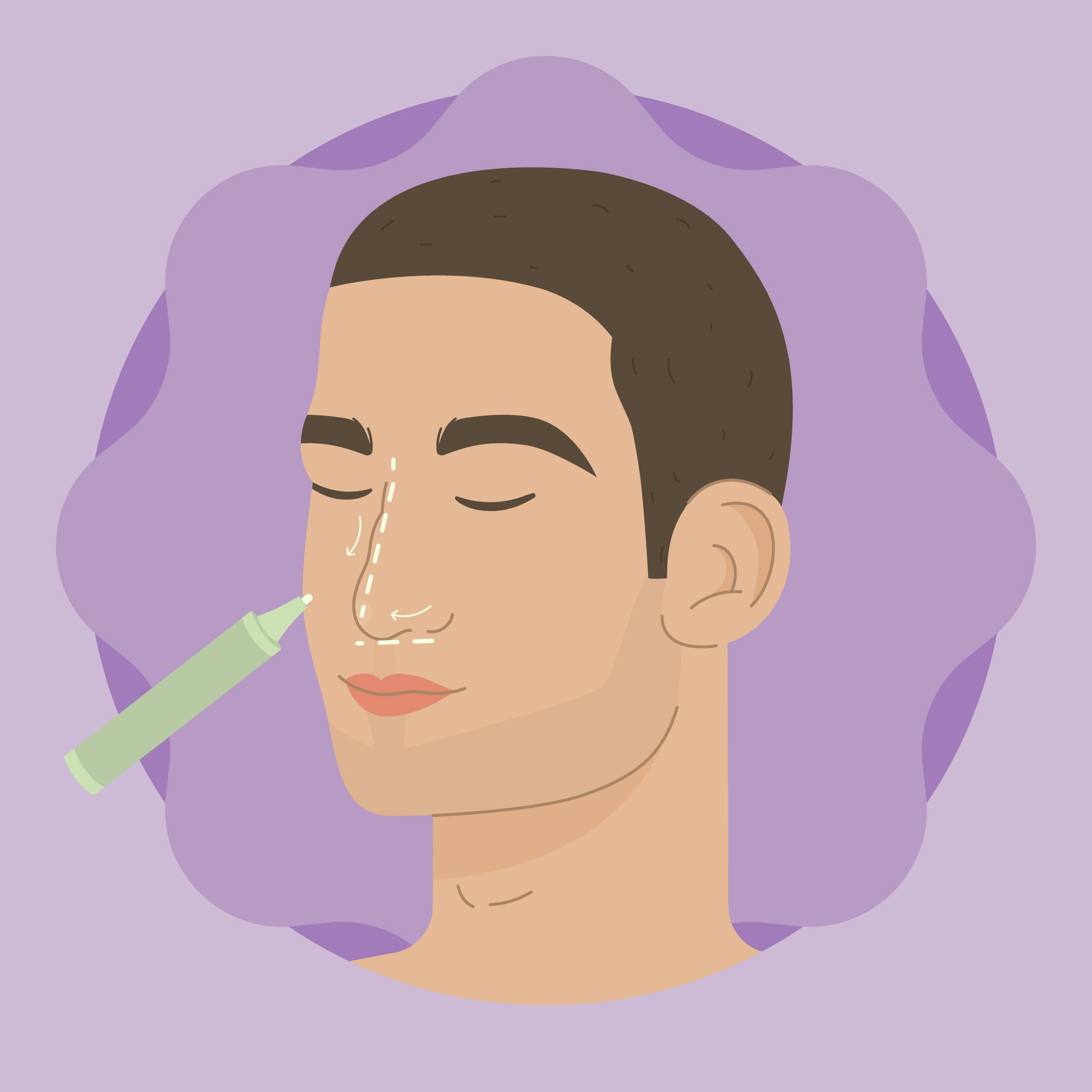
Nasal Airway Surgery
There are a number of surgical treatments available to address ENT problems, including nasal airway surgery. This type of surgery is typically performed to improve breathing by correcting structural defects in the nose. It can also be used to treat certain medical conditions that cause obstruction in the nasal airway, such as chronic sinusitis.
Nasal airway surgery is generally safe, but as with any type of surgery, there are some risks involved. These include bleeding, infection, and adverse reaction to anesthesia.
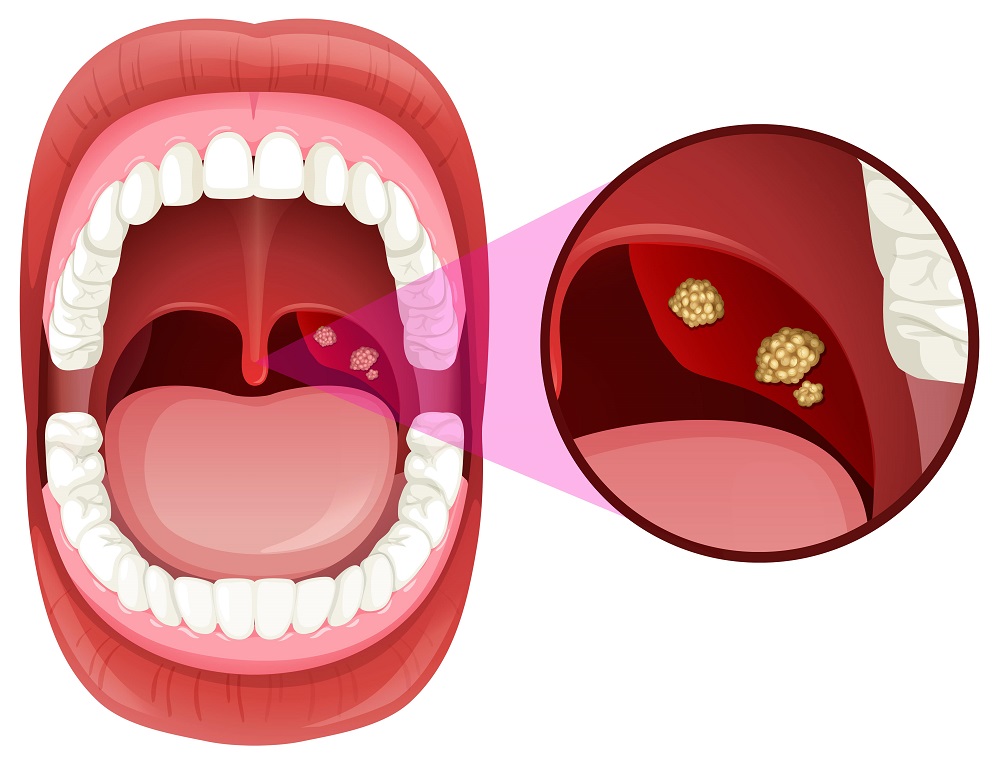
Tonsillectomy
A tonsillectomy is a surgical procedure to remove the tonsils. The tonsils are two small glands located at the back of the throat. They are part of the lymphatic system and help to fight infection.
ENT specialists typically recommend a tonsillectomy for children who have recurrent sore throats, ear infections, or sleep apnea.
In some cases, a tonsillectomy may also be recommended for adults with these conditions.
The surgery is usually performed as an outpatient procedure, meaning the person can go home the same day. Recovery from a tonsillectomy takes about two weeks. During this time, it is important to rest and drink plenty of fluids. Pain relievers can help to ease discomfort during recovery.

Snoring Surgery
Snoring surgery is a type of procedure that is used to treat people who snore excessively. It is usually done by removing the soft palate from the back of the throat.
This helps to open up the airway and reduce the amount of noise that is produced when someone snores.
Although it is generally considered safe, there are some risks associated with snoring surgery. These include bleeding, infection, and damage to the nerves in the area. In rare cases, it can also lead to difficulty swallowing or even choking.
If you are considering having this surgery, it is important to talk to your doctor about all of the potential risks and benefits.
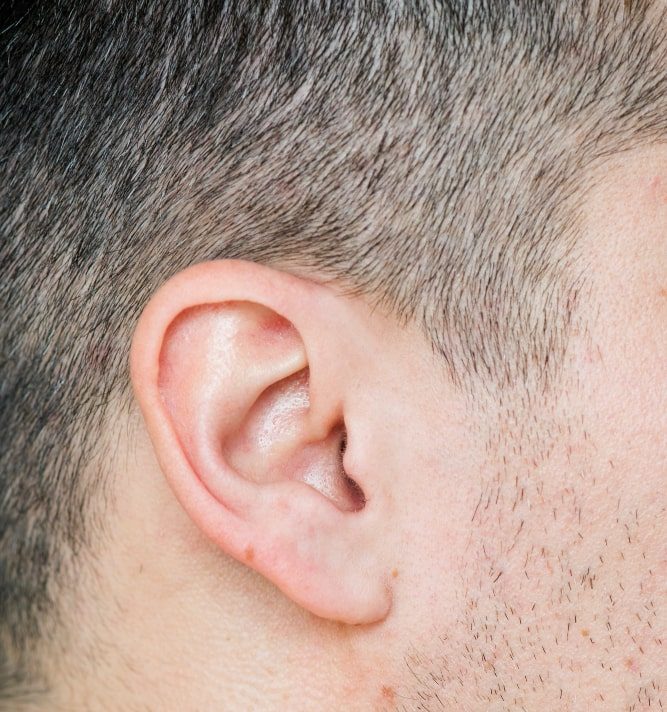
Mastoidectomy
Mastoidectomy is a surgery to remove the mastoid bone, which is located behind the ear. There are several different types of mastoidectomy, depending on the extent of the surgery.
The most common type of mastoidectomy is called a subtotal or partial mastoidectomy. In this procedure, the surgeon removes the diseased part of the mastoid bone, leaving healthy bone intact.
A subtotal mastoidectomy may be recommended if you have infectious diseases such as cholesteatoma or chronic otitis media.
A total mastoidectomy involves removing the entire mastoid bone. This procedure may be recommended if you have extensive disease or if previous attempts at surgery have failed. In some cases, a total mastoidectomy may be combined with a middle ear surgery called an tympanoplasty.
This type of surgery is typically performed as an outpatient procedure, meaning that the patient does not need to stay in the hospital overnight. Recovery from a modified radical mastoidectomy usually takes several weeks.
Why Choose Shekhawati Hospital For Best ENT Hospital in Jaipur?
Shekhawati Hospital is pleased to have been singled out as a popular ENT Hospital in Jaipur because of our state-of-the-art infrastructure, outstanding amenities and high-quality medical amenities provided by our renowned doctors, who perform complicated procedures including Cochlear Implantation, endoscopic surgeries, and pediatric airway surgery.
The Department provides professional healthcare counsel for ENT Nose and Throat Surgery and Audiological Science. Equipped with all the diagnostic equipment necessary to resolve the issue, like Operating Microscopes, the Department is a world-class benchmark facility in the city.
Book An Appointment
Health & Tips
FEATURED SERVICES
We cover a big variety of medical services

BLOOD BANK
24*7 Blood Bank
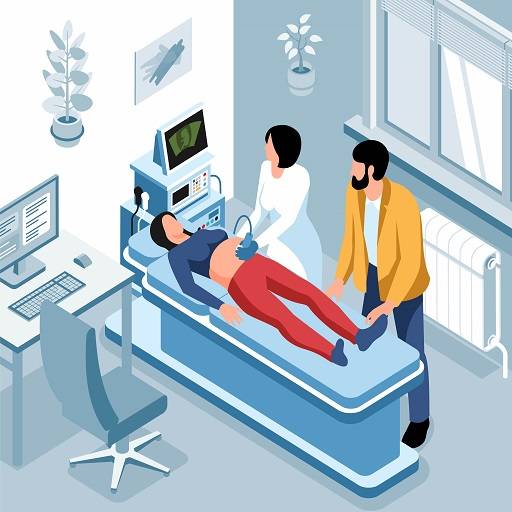
CT SCAN & MRI
24*7 Service

RADIOLOGY
Accurate Results

PATHOLOGY
All Lab Assitance

ACLS - AMBULANCE
24*7 Emergency

PHARMACY
24*7 Pharmacy

CAFETERIA
24*7 Foods
HEAD OF DEPARTMENT AND STAFF
A powerfull team working for your Health
FREQUENTLY ASKED QUESTIONS (FAQs)
During your first visit to an ENT specialist, the doctor will likely ask you about your symptoms and medical history. They will then examine your ears, nose, and throat. This may involve using a lighted instrument to look inside your nose and mouth. The doctor may also order tests, such as a hearing test or imaging studies, to help diagnose your condition.
ENT, or ear, nose, and throat problems, are common among all age groups. However, there are certain risk factors that can make an individual more susceptible to developing these issues. Seasonal changes are one of the primary risk factors for ENT problems. This is because the cold weather can lead to nasal congestion, which can then cause difficulty breathing and an increase in sinus infections. In addition, dry air can irritate the mucous membranes in the nose and throat, making them more susceptible to infection. Organic pollutants in the air can inflame the mucous membrane and contribute to ENT problems, What’s more, Smoking and inhaling secondhand smoke may also contribute to ENT conditions. Age is another reason that can contribute to ENT conditions.
There are a number of different symptoms that can be associated with ENT problems. These can include anything from a simple sore throat to more serious issues such as hearing loss or balance problems. In some cases, ENT problems can also lead to problems with swallowing or breathing. If you are experiencing any type of symptoms that may be related to an ENT problem, it is important to see a doctor for an evaluation.
While some ENT problems are hereditary, there are many that are preventable with regular checkups and healthy lifestyle choices. ENT, or Ear, Nose, and Throat problems can be caused by everything from allergies to sinus infections to cancer. However, many of these conditions are preventable or at least manageable if caught early enough.
The best way to prevent ENT problems is to see an ENT specialist at Shekhawati Hospital regularly, especially if you have any family history of ENT problems. They can catch issues early and help you manage them before they become more serious.
Home treatment is usually all that is needed to stop a nosebleed. For example, you can try the following:
- Sit up and lean forward. This helps decrease the blood flow.
- Pinch your nose shut and breathe through your mouth.
- Apply ice to your nose after the bleeding has stopped, continue to apply ice for another 10 minutes.
If home treatment does not work or if you have repeated episodes of nosebleeds, they can be a sign of a more serious condition you should seek medical attention at ENT department in Shekhawati Hospital.
TESTIMONIALS
Patients Reviews Meant to Us




